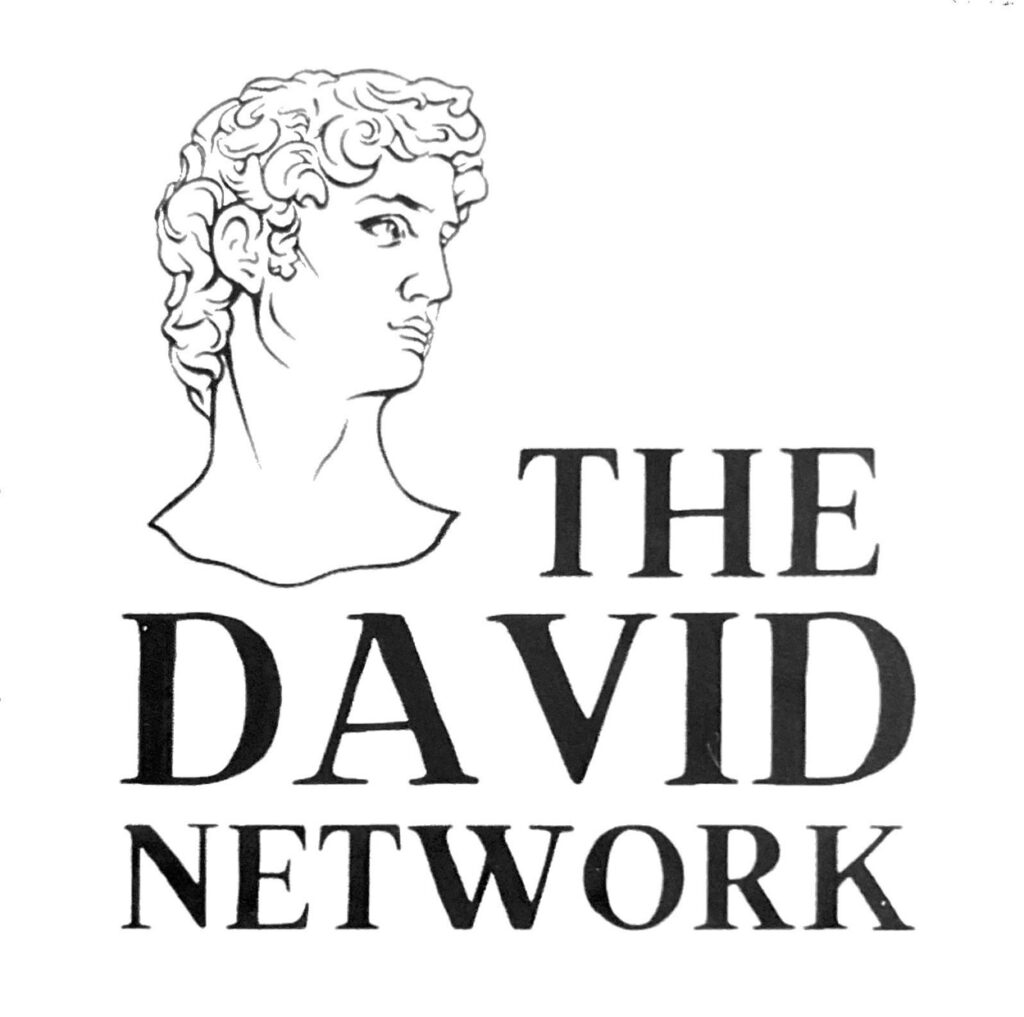
During the winterim, members of Dartmouth’s conservative and religious organizations received a mysterious proposition of an all-expenses-paid trip to DC for the March for Life organized by the “David Network.”
The David Network, reportedly established two years ago, offered to pay for every Ivy League student (plus Stanford and MIT) to participate in the March on Friday and their pro-life conference the day after. All communications with the participants were done through the “liaison” of each school. The liaisons were hired through personal connections without advertising. The David Network has no web presence. Peculiarly, there are no records of its existence online other than one mention on the Cornellians for Life’s website advertising the same event. Even though the same conference took place two years ago, no pictures or public mentions exist. More dubious was the fact that all 200 students in attendance received a room at the Washington Georgetown Mariott, a 4-star establishment at the heart of DC. A rough calculation shows that the transportation and lodging alone would have cost the organization upwards of $90,000. This calculation excludes the cost of the venue, food, and speaker fees. The David Network seemed “too good to be true,” yet the conference happened as advertised.
The day after the march, everyone took the metro to the Catholic University of America’s Busch School of Business where we were greeted by a breakfast with 23 invited pro-life speakers. Among those invited were Eugene Scalia, son of the late justice Antonin Scalia and Trump’s former Secretary of Labor, and Alida Kass, VP at the Federalist Society. The event included pro-life activists of all persuasions. Monica Snyder, executive director of Secular Pro-Life, brought a scientific perspective while Karina Breceda, founder of Haznos Valer, somehow argued for the pro-life movement from a new-wave feminist perspective. Despite the noble effort to bring together multiple perspectives of the pro-life movement, the event remained predominantly Christian and conservative.
After the breakfast with the speakers, the conference broke into breakout sessions where specific issues were discussed. “The Assault on the American Family” was one of the more interesting sessions. David Azerrad, Arthur Milikh, and Terry Schilling of Hillsdale College, Claremont Institute, and the American Principles Project discussed the deterioration of the family in America. While the advocation for traditional families is an agreeable fight, their boldness distracted me from their noble message. At one point, Mr. Schilling whispered, “who cares” in reference to Roe v Wade, implying that the executive branch should have brazenly disregarded the court’s decision. Mr. Azerrad, on the other side of Mr. Schilling, preached the consequences of the decaying family unit. Which, again, was a valid point said with such comically dire language as to induce cringe. However, their session ended with an actionable recommendation: Washington DC is a lost cause, and those who want to make a real change should instead stay at the state level. Other breakout sessions included topics ranging from the women in the pro-life movement to the way forward for conservativism and socially conservative values in law.
After the breakout sessions, the students were herded into the auditorium for a keynote from Ryan Anderson of the Heritage Foundation. Suddenly, one of the organizers introduced a “special guest,” and out came former Vice President Mike Pence, who was greeted with a standing ovation. Mr. Pence visited the March for Life the day prior and another pro-life conference earlier that day. Finally removed from the shadow of Mr. Trump, Pence came off as a highly-skilled and friendly politician contrary to his rather unimaginative look. Mr. Pence even cracked jokes about the cost of his child attending an Ivy League institution. In contrast to the excitement of Pence’s surprise appearance, Mr. Anderson’s keynote address was rather standard, revolving around the traditional Christian arguments for family and against abortion. After the keynote address, students got the opportunity to talk with the speakers over lunch.
The conference concluded with a keynote from Nathaniel Fisher, chairman of New Founding, a company aiming to create a “digital commonwealth.” Mr. Fisher presented an anti-big tech perspective and rejected the usual crypto-manic alternative. Mr. Fisher claimed that unelected individuals like Mark Zuckerberg should not make arbitrary decisions with broad effects on our democracy. He also critiqued blockchain claiming it to be too individualistic with no institutional or relational credibility: for example, I can’t endorse someone to be credible on the blockchain. Regardless of whether his critique is valuable, this is true. The selling point of blockchain technology is that it is inherently trustless. Why would you need someone to endorse another if you can cryptographically prove that one is trustworthy and another is not?
Mr. Fisher’s ultimate aim is to create a centrally governed network where every participant shares a common vision for what is “good.” Yet this seems like a pipedream. Everyone has different ideas about the “good,” which is why technologies like trustless governance and Digital Autonomous Organizations (DAOs) that embrace this fact have been so successful. One fellow Dartmouth participant familiar with the technology observed that Mr. Fisher seemed to be “waving ideals around with no practical understanding.” He also commented that Mr. Fisher seemed unorganized, and his practical plans were obscure and hard to follow. Nevertheless, the conference ended on a high note with a fireside chat from the aforementioned Eugene Scalia.
Surely, an organization with connections to Eugene Scalia and Mike Pence would have a sizable bureaucracy and a council of equally sizable donors supporting its endeavors. Contrary to such expectations, the entire event was reportedly organized by well-connected students from Columbia and Cornell backed by a single anonymous donor. The event provided an excellent opportunity to build relationships with students at our peer institutions (including our compatriots at The Stanford Review).

Be the first to comment on "Searching for The David Network"